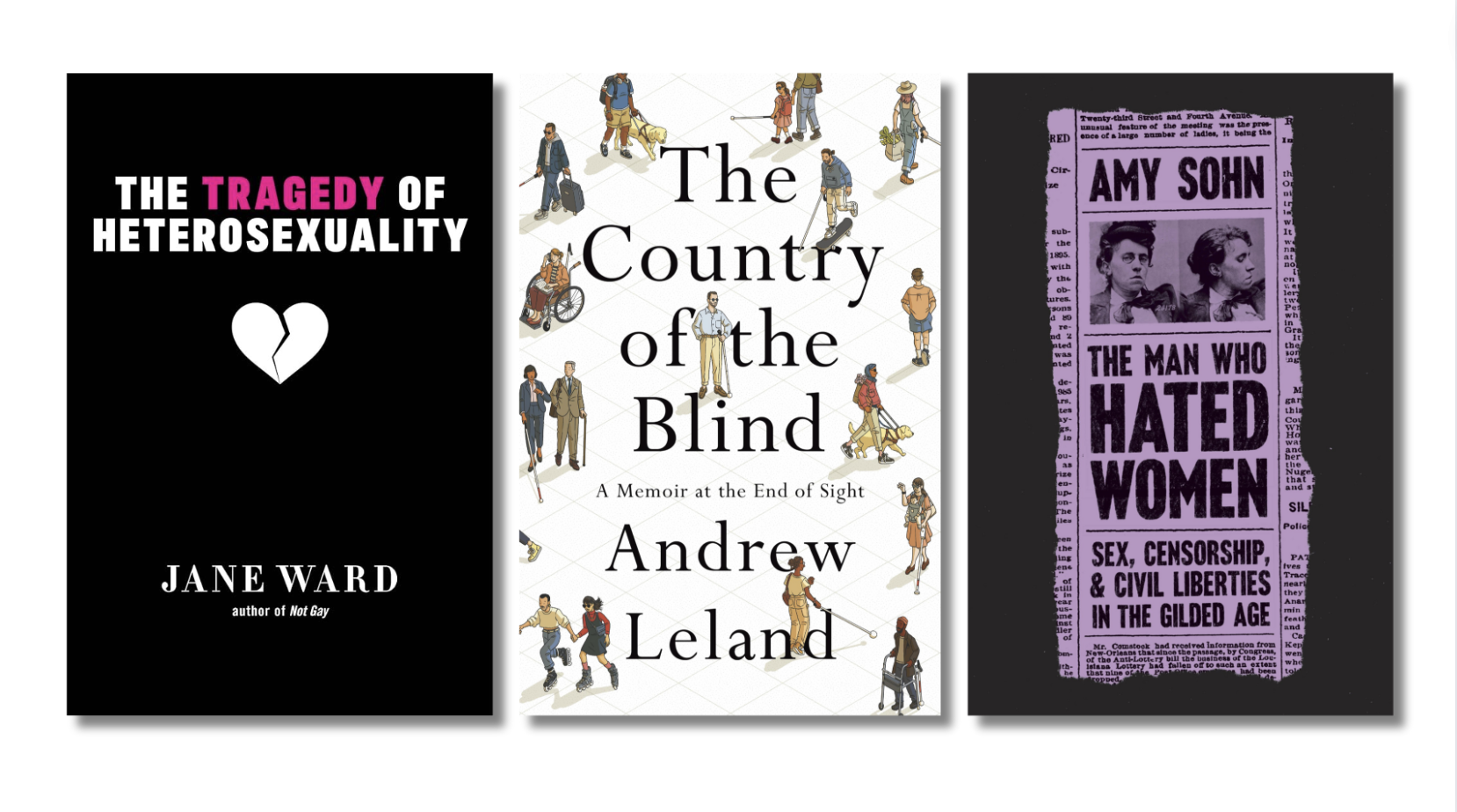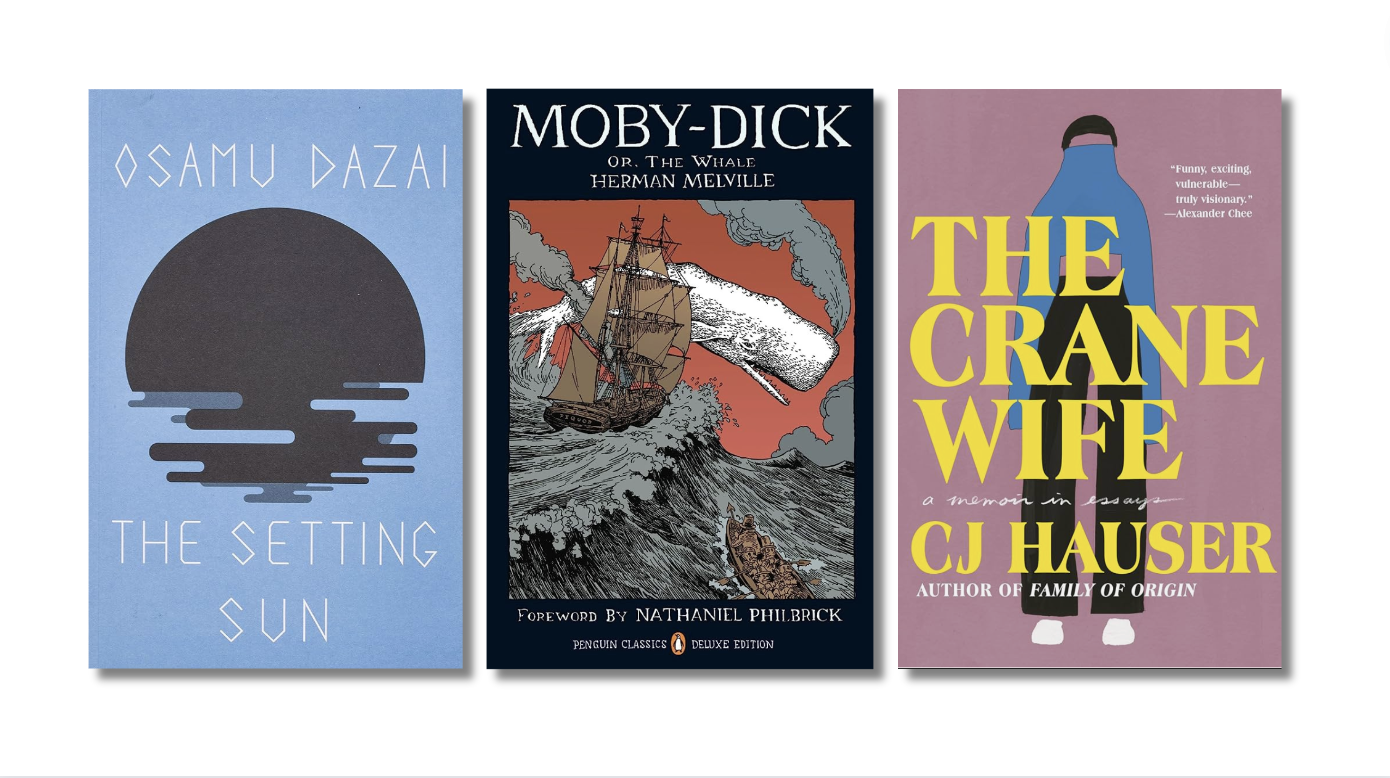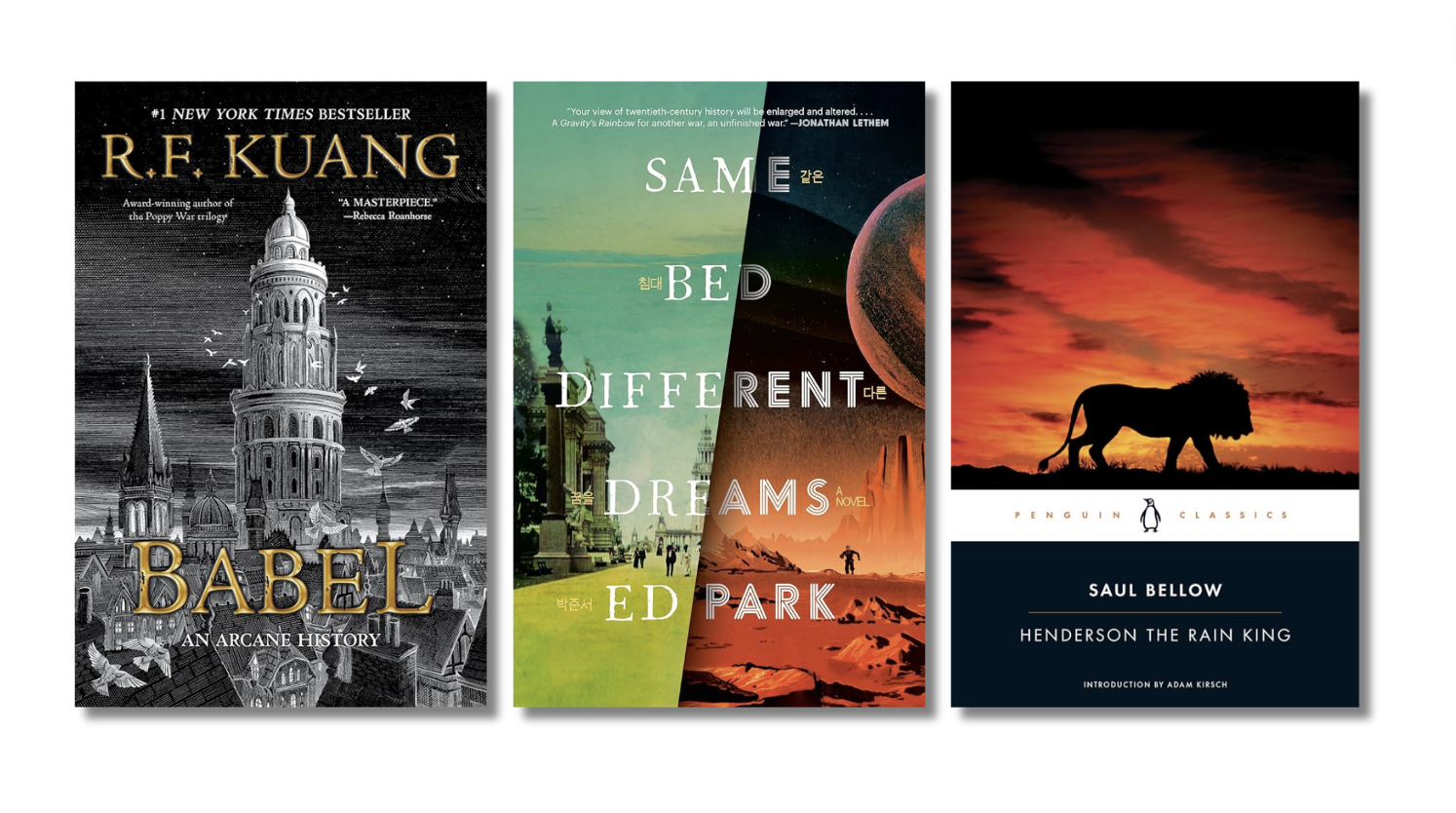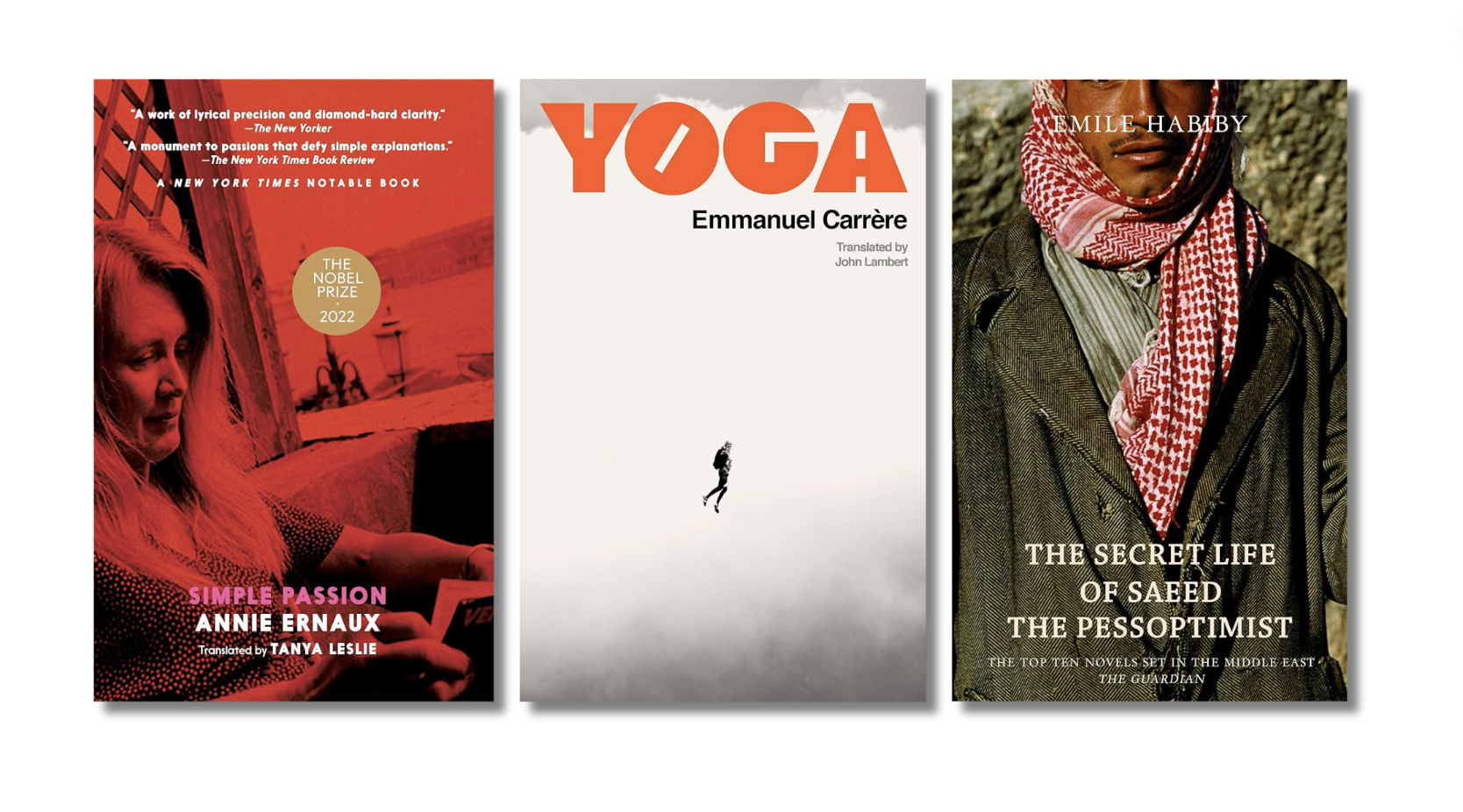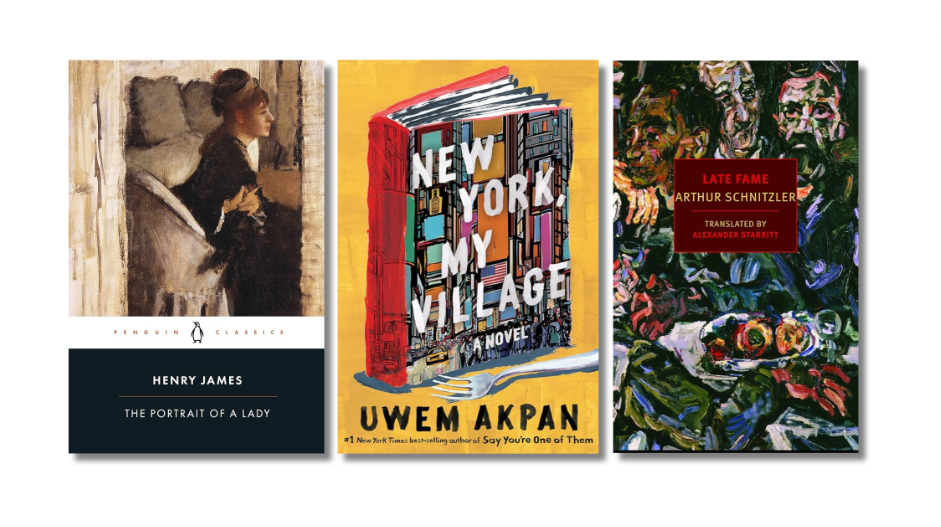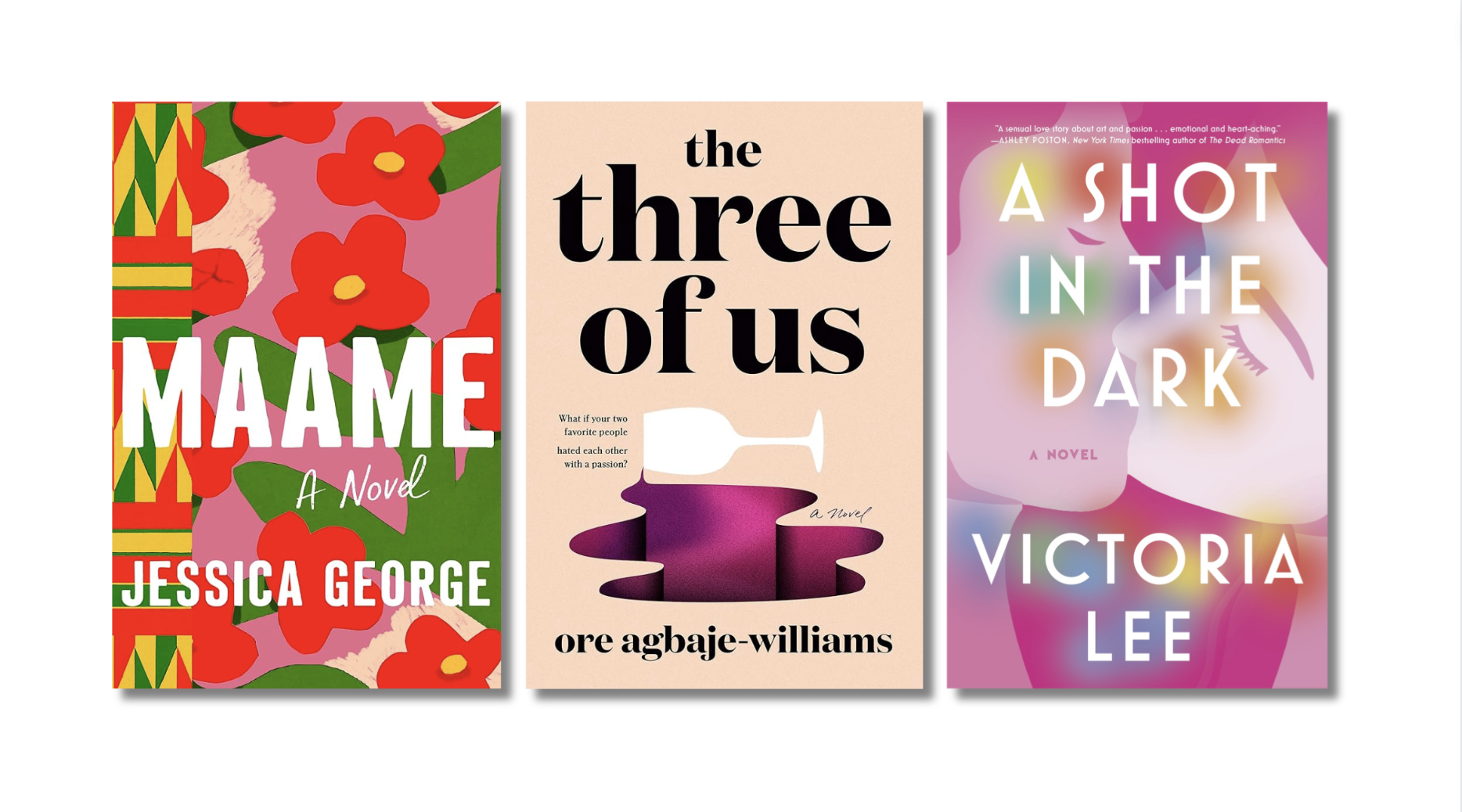When thinking about what I’m going to read next I do leave room for chance, for the unexpected bookstore find or the insistent, raving recommendation. But for the most part I establish a loose plan for the year that dips into unread classics, keeps tabs on new releases, and delves deeper into favorite authors.
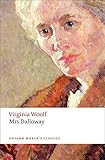 This year, in terms of paying homage to the canon, I finally got around to reading some Virginia Woolf. I know, I know, late to the party on this one, but at least I made it. The careening interior monologues of Mrs. Dalloway serve as a prescient forecast of today’s hyperlinked, click-through culture, shadowing characters through a single day, moving in and out of their thoughts as if characters and readers alike are a game of chess being played by Woolf. The story reads as effortlessly as shifting winds but you can’t help but think about how much Woolf worked the text to get it so breezy even though the novel of manners is anything but. Characters whose futures are mired in their pasts unknowingly answer the book’s ultimate question: “What does the brain matter . . . compared with the heart?”
This year, in terms of paying homage to the canon, I finally got around to reading some Virginia Woolf. I know, I know, late to the party on this one, but at least I made it. The careening interior monologues of Mrs. Dalloway serve as a prescient forecast of today’s hyperlinked, click-through culture, shadowing characters through a single day, moving in and out of their thoughts as if characters and readers alike are a game of chess being played by Woolf. The story reads as effortlessly as shifting winds but you can’t help but think about how much Woolf worked the text to get it so breezy even though the novel of manners is anything but. Characters whose futures are mired in their pasts unknowingly answer the book’s ultimate question: “What does the brain matter . . . compared with the heart?”
 One writer who always lets the heart trump the mind is Frederic Tuten. I consider Van Gogh’s Bad Café a masterwork, so when Self Portraits: Fictions hit the shelves this year I read it immediately. The stories had all been published previously, but presented here as interrelated pieces the characters plait through time and space like smoke. Tuten’s painterly prose hauntingly daubs the many shades of love; in death, in confusion, in forgetting, in passion, in misunderstanding, in lying so we find love’s essence and power, not so much in how it brings people together, but in the residual of intimacy that remains after they have parted.
One writer who always lets the heart trump the mind is Frederic Tuten. I consider Van Gogh’s Bad Café a masterwork, so when Self Portraits: Fictions hit the shelves this year I read it immediately. The stories had all been published previously, but presented here as interrelated pieces the characters plait through time and space like smoke. Tuten’s painterly prose hauntingly daubs the many shades of love; in death, in confusion, in forgetting, in passion, in misunderstanding, in lying so we find love’s essence and power, not so much in how it brings people together, but in the residual of intimacy that remains after they have parted.
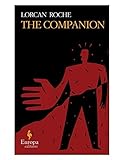 Lorcan Roche’s The Companion falls into the surprise find category. The fiercely funny and cutting narrator, Trevor, is an outsize Irishman living in New York, working as a caregiver for Ed, who suffers from muscular dystrophy. The story contains a great deal of darkness, but Roche illuminates it with the enduring light of human fragility, which is annealed by doses of despair and humor. Even when Trevor’s first-person take on events leads to distrust, Roche shellacs Ed and his narrator with the honesty of self-deprecation so that the story shines redemption. This book provided me with more out-loud laughs than Helen DeWitt’s Lightning Rods. The two books are very different, but they both prove that laughter is often as close to the truth as we can get when it comes to skewering big ideas like national identity or humanity’s shortcomings.
Lorcan Roche’s The Companion falls into the surprise find category. The fiercely funny and cutting narrator, Trevor, is an outsize Irishman living in New York, working as a caregiver for Ed, who suffers from muscular dystrophy. The story contains a great deal of darkness, but Roche illuminates it with the enduring light of human fragility, which is annealed by doses of despair and humor. Even when Trevor’s first-person take on events leads to distrust, Roche shellacs Ed and his narrator with the honesty of self-deprecation so that the story shines redemption. This book provided me with more out-loud laughs than Helen DeWitt’s Lightning Rods. The two books are very different, but they both prove that laughter is often as close to the truth as we can get when it comes to skewering big ideas like national identity or humanity’s shortcomings.
More from A Year in Reading 2011
Don’t miss: A Year in Reading 2010, 2009, 2008, 2007, 2006, 2005
The good stuff: The Millions’ Notable articles
The motherlode: The Millions’ Books and Reviews
Like what you see? Learn about 5 insanely easy ways to Support The Millions, The Millions on Twitter, Facebook, Tumblr.


